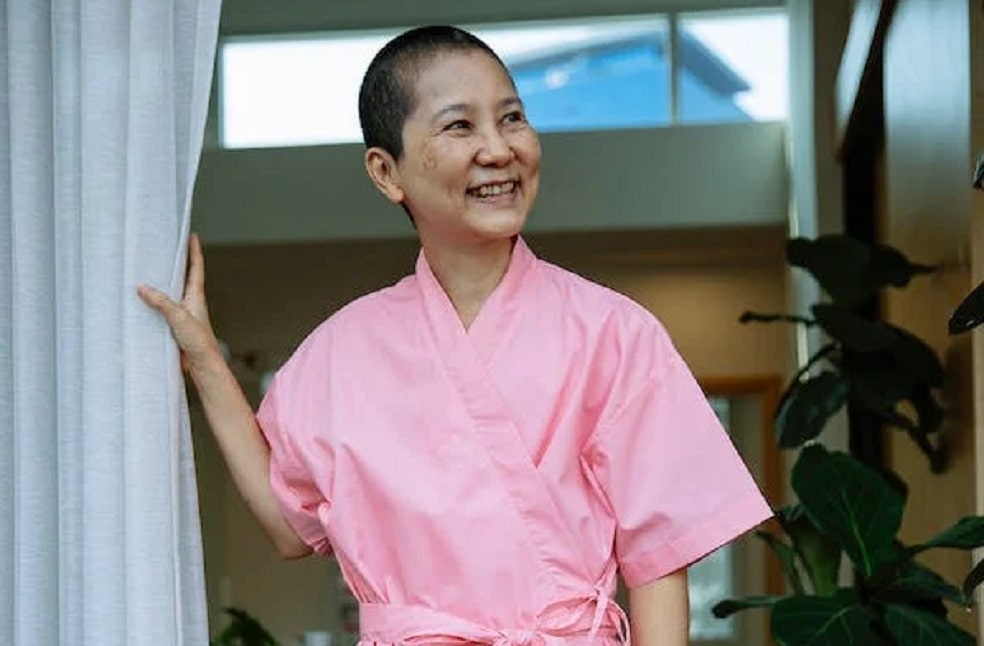United Kingdom: A new study has found that the number of under-50s worldwide diagnosed with cancer has risen by nearly 80 percent in three decades. The cases of early-onset cancer increased from 1.82 million in 1990 to 3.26 million in 2019 globally, while the cancer deaths of adults in their 40s, 30s, or younger grew by 27 percent. “More than a million under-50s die of cancer every year,” the research found.
The authors of the study, published in BMJ Oncology, noted that poor diets, alcohol and tobacco use, physical inactivity, and obesity are likely to be among the factors.

“Since 1990, the incidence and deaths of early-onset cancers have substantially increased globally. Encouraging a healthy lifestyle, including a healthy diet, the restriction of tobacco and alcohol consumption, and appropriate outdoor activity, could reduce the burden of early-onset cancer,” the study noted.
The research, led by the University of Edinburgh in Scotland and Zhejiang University School of Medicine in Hangzhou, China, was the first of its kind to study the issue on a global scale and the risk factors for younger adults. The researchers analysed data from 204 countries, covering 29 types of cancer.
The team examined new cases, deaths, health consequences, and contributory risk factors for all those aged 14 to 49 to estimate changes between 1990 and 2019. In 2019, new cancer diagnoses among under-50s totaled 3.26 million, an increase of 79 percent on the 1990 figure. Breast cancer accounted for the largest number of cases and associated deaths, at 13.7 and 3.5 per 100,000 of the global population, respectively.

Cases of early-onset windpipe and prostate cancers rose the fastest between 1990 and 2019, with estimated annual percentage changes of 2.28 percent and 2.23 percent, respectively. The number of cases of early-onset liver cancer fell by an estimated 2.88 percent a year.
A total of 1.06 million under-50s died of cancer in 2019, an increase of 27 percent on the 1990 figure. After breast cancer, the highest death tolls were linked to lung, stomach, and bowel cancers. The steepest increases in deaths were among people with kidney or ovarian cancer.
Based on the observations of the past three decades, the researchers estimate that the global number of new early-onset cancer cases and associated deaths will rise by a further 31 percent and 21 percent, respectively, by 2030, with people in their 40s at the highest risk.



